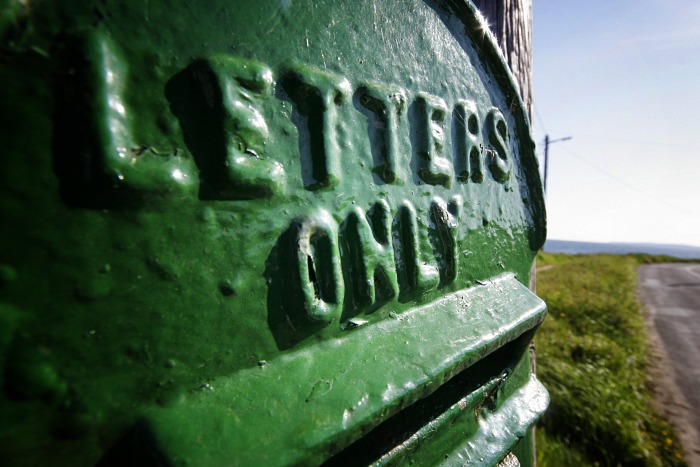
It's that time of year to review the last 52 weeks. What have you done? What have you achieved? What have you read? What films have you seen and enjoyed? And also, I suppose, what do you plan to do next year.
OK. The Obvious. I started a blog. I already kept a writing diary myself with what I was sending out and where and what I was thinking about writing. This I find useful particularly if I am changing direction in a piece of writing and later want to trace my own thought process.
Poetry.
I did Poetry Ireland Introductions and Windows Publications Introductions. Both great experiences. I also read at the Boyne Berries launch. I'd like to do more readings. I'd like readings to pay. Poetry shouldn't be restricted to amateur status. I had poem published in Revival Whitehouse Poets, Poetry Ireland, Abridged (NI) and Boyne Berries as well as the Windows Publications Introductions anthology.
Short Stories.
I had a short story included in the Do The Write Thing anthology published by Poolbeg as a result of the competition on RTE Seoige and O'Shea TV show. There was no book launch. (mad) I did some publicity for this too with some local newspapers, which was a interesting experience. The resulting articles never quite say things the way you thought you said them. I feel a little closer to all these media types who moan about being misquoted.
Then I had a short story in the Sunday Tribune. This means I should be up for the Hennessey Award in 2008. Yay!
Novel.
I got an agent who was very excited about my book. Then nothing. Lots of rejections, nice rejections in the main but rejections anyway. It's still out with a couple of publishers. If they reject, we have to regroup and look for smaller presses I suppose.
Events.
I went to the Fingal Libraries Readers Day, a fabulous affair in the airport hotel. Highly recommended. Great for listening to some interesting writers, some I'd heard of and read, some who were new to me. But also for spending time chatting to like minded readers and writers. Hello girls!
I also went to the Dublin City library's Writers day which was a mixed bag but worth going to. I missed the Dublin Writers' Festival which always has interesting readers.
I went to a few book launches and poetry readings too of friends. I'm not too good at networking but I struggle on.
I also taught some classes including a great class on creative writing at the National Gallery using some Dutch interior painting as inspiration.
Books
I read a lot, as usual. Some memorable, most not so much. I listen to books on tape or CD in the car. The library has a limited selection so it means I listen to thing I would otherwise not read.
I've just finished The Lay of the Land by Richard Ford. I love his writing, he's very funny too but it was so dense it took me ages. Some Ian Rankin, Harry Potter, of course, The Wheel of Time, some chick lit of varying levels of interest. Too many of them leave you no room to think or fill in the gaps yourself. A Million Little Pieces was interesting. This was written a non-fiction, recovering from drug addiction but turned out to be mostly fictionalised. Black Swan Green by one of my favourite recent authors, David Mitchell. His childhood was very much like mine in the Midlands. I read some poetry too, magazines mostly and also the wonderful and thoughtful debut Snow Negatives by Enda Coyle Greene.
Plans for 2008 pending for next year.
Happy Hogmanay!














































